Launched on the Bitcoin blockchain in March 2023, BRC20 is a brand-new token standard. On the Bitcoin network, it enables users to produce and trade fungible tokens. The Ethereum blockchain’s BRC-20 and ERC-20 tokens are similar, however, they are incompatible. Using the Ordinals protocol, BRC-20 tokens are generated. Through the use of the technology called Ordinals, users may securely and effectively store data on the Bitcoin blockchain. An ordinal inscription is used to preserve the metadata of a newly minted BRC-20 token. The token’s name, symbol, supply total, and owner are all included in this information.
The Bitcoin network enables the transfer of BRC-20 tokens between users. The recipient’s address and the number of tokens to be transferred must be specified in a transaction that is signed by the sender in order to do this. The tokens can then be claimed by the receiver using their wallet. The creation and trade of tokens on the Bitcoin blockchain might be completely altered by BRC-20 tokens, which are still in the early phases of development. BRC-20 might improve Bitcoin acceptance and make it a more adaptable platform for decentralized apps by simplifying the creation and usage of tokens.
Recommended Read: Comprehensive List of 20+ Hardware Wallets
Best BRC-20 Wallets:

Ordinals Wallet:
Users may save, transfer, receive, and generate Bitcoin Ordinals using the non-custodial wallet known as Ordinals Wallet. By giving each satoshi on the Bitcoin network a special identification, ordinals are a sort of non-fungible token (NFT). Users may produce rare, one-of-a-kind digital goods that can be exchanged and collected in this way. Additionally, it supports BRC20 tokens.
A web-based wallet, Ordinals Wallet is accessible from any device with an internet connection. Additionally, it is open-source, making the code viewable and verifiable by anybody. As a result, managing and storing Bitcoin Ordinals using the Ordinals Wallet is safe and open.
Xverse Wallet
Users may save, transfer, receive, and generate Bitcoin Ordinals, Stacks (STX), and BRC-20 tokens using the non-custodial Xverse Wallet. Any device with an internet connection may use Xverse Wallet, a web-based wallet. Additionally, the code is open-source, making it possible for anybody to review and validate it. As a result, Xverse Wallet provides a safe and open method to store and manage your STX, BRC-20, and Bitcoin Ordinals tokens.
Xverse Wallet is a fantastic choice if you want to store, transmit, receive, or create Bitcoin Ordinals, STX, or BRC-20 tokens. It is a safe, clear, and simple method to handle your STX, BRC-20, and Bitcoin Ordinals tokens.
BitKeep Wallet
Users may save, transmit, receive, and create BRC-20 tokens using the non-custodial BitKeep BRC20 Wallet. On top of the Bitcoin blockchain, BRC-20 is a decentralised sidechain. Due to this, users of BRC-20 tokens may enjoy the freedom and creativity of a decentralised blockchain in addition to the security and stability of the Bitcoin network.
A web-based wallet, BitKeep BRC20 Wallet is accessible from any device with an internet connection. Additionally, the code is open-source, making it possible for anybody to review and validate it. As a result, BitKeep BRC20 Wallet provides a safe and open method for managing and storing your BRC-20 tokens.
UniSat Wallet
Unisat is a non-custodial, open-source wallet that lets users to produce, transmit, and receive BRC-20 tokens and Bitcoin Ordinals. Ordinals are a form of non-fungible token (NFT) that are made by giving each satoshi on the Bitcoin network a special identity. This enables users to produce rare, one-of-a-kind digital goods that may be exchanged and amassed.
On top of the Bitcoin blockchain, BRC-20 is a decentralized sidechain. Due to this, users of BRC-20 tokens may enjoy the freedom and creativity of a decentralized blockchain in addition to the security and stability of the Bitcoin network. Any device with an internet connection may access UniSat Wallet, a web-based wallet.

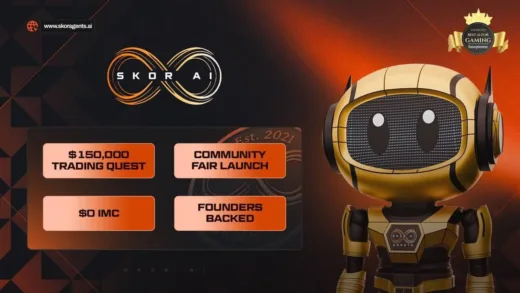
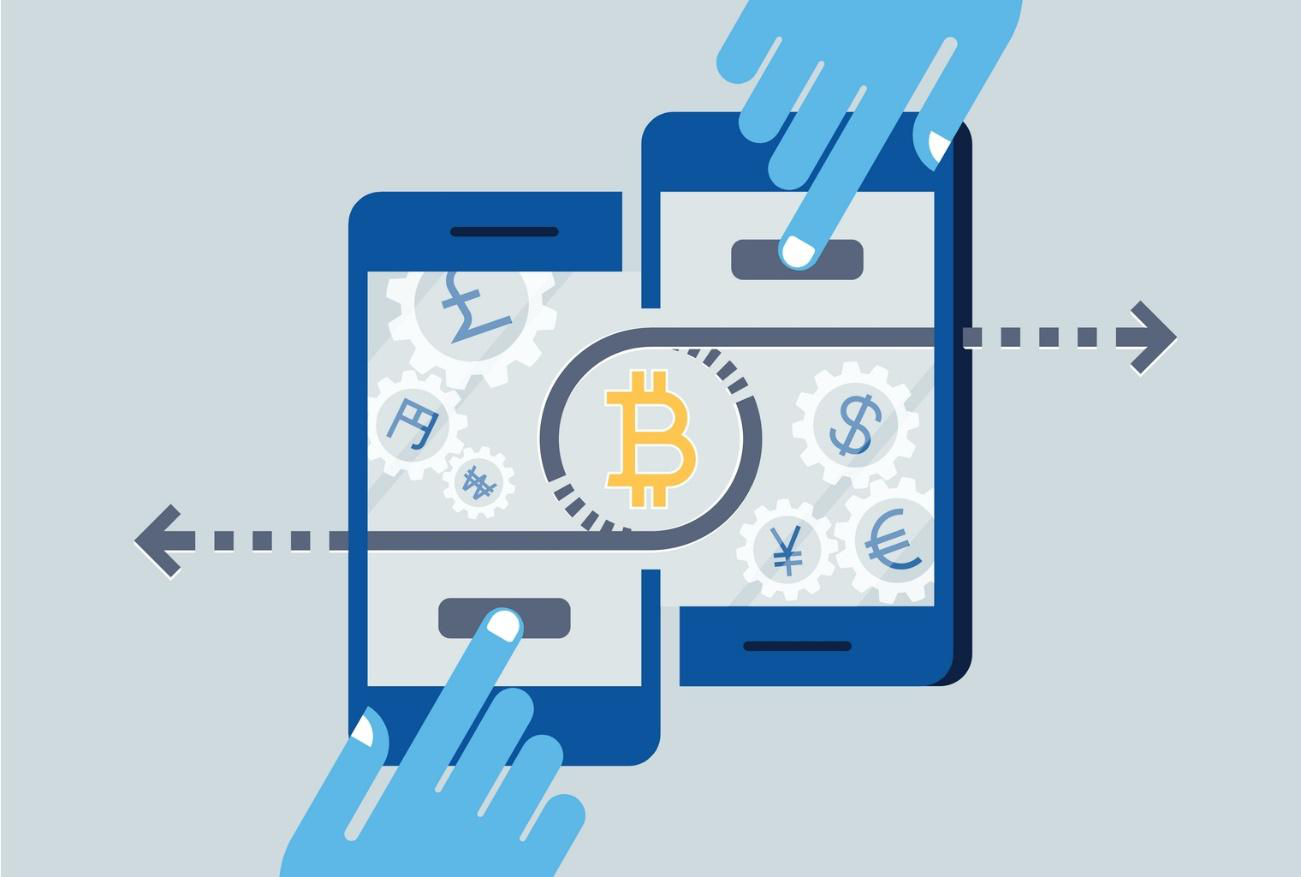
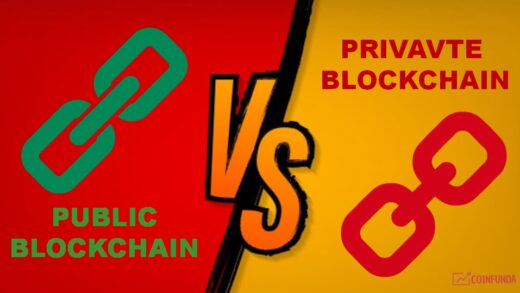



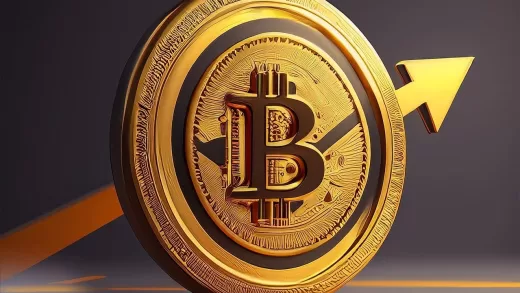
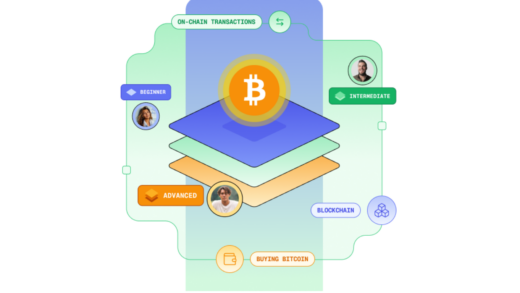

![[Sponsored] STG Energy Launches Breakthrough Cloud Mining Product to Democratize Crypto Mining 11 STG mining](https://coinfunda.com/wp-content/uploads/2025/02/STG-mining-520x293.webp)
![[Sponsored] Centralhash cloud mining platform easily obtains 100,000 US dollars of 12 central hash](https://coinfunda.com/wp-content/uploads/2025/02/central-hash-512x293.webp)